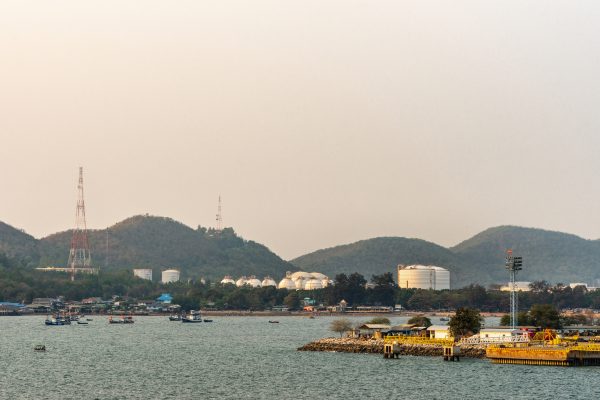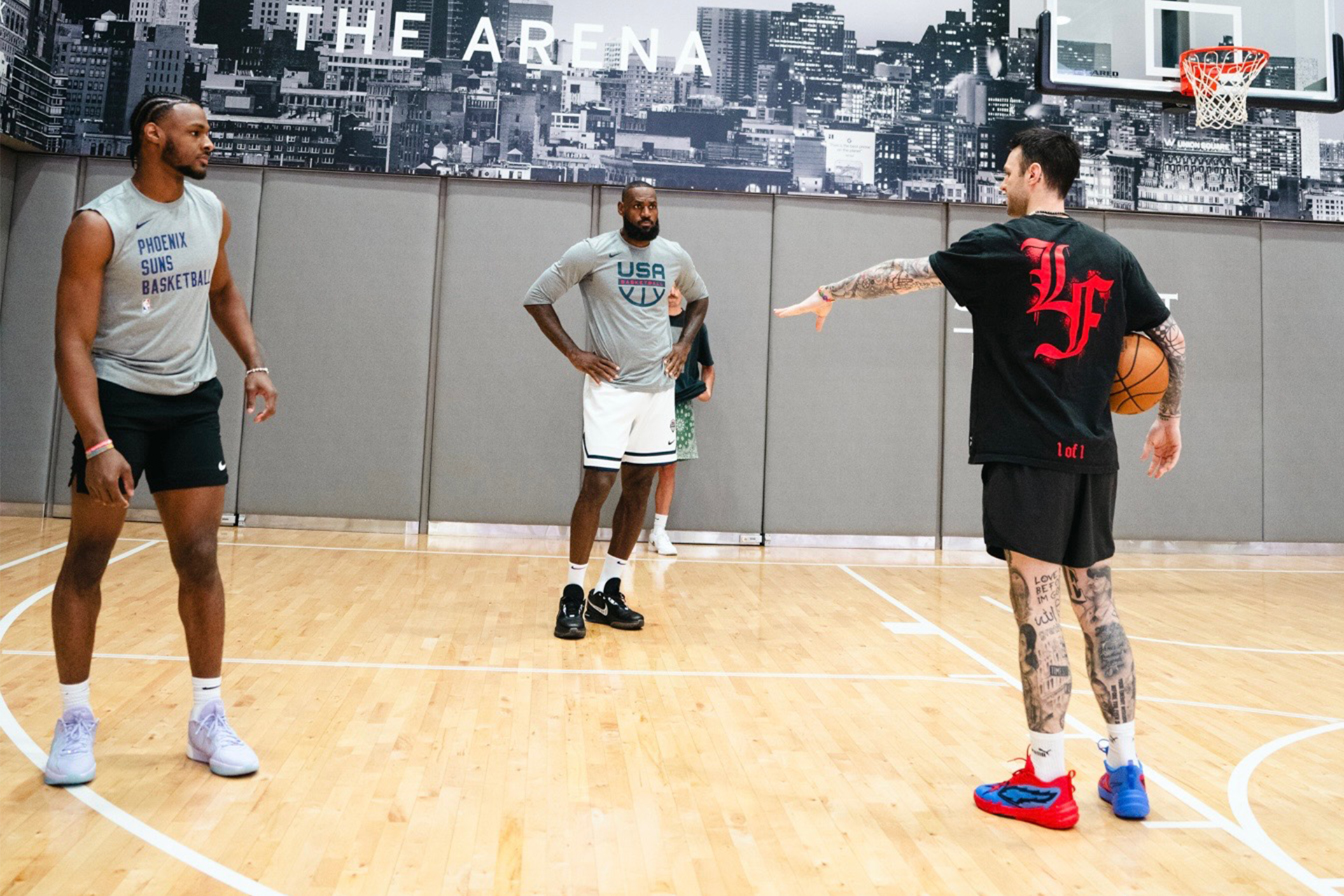William Ruto has publicly spoken about the debt stress caused by Chinese loans and is seen by many as someone who can balance out China’s overkill in Kenya
New Delhi: The Kenyan Supreme Court upheld the presidential election result of 9 August. It agreed with the Independent Electoral and Boundaries Commission. (IEBC) that Deputy President William Ruto is the legitimate winner. The unanimous Supreme court verdict led by the first female Chief Justice Martha Koome is seen as reinforcing peace and democracy to Kenya.
The judgement showed the independence of the Kenyan Supreme Court, though it contrasted with their decision five years ago when they annulled the election victory of Uhuru Kenyatta following a challenge by his then opponent, Raila Odinga. Odinga did not contest the re-election allowing Uhuru to be president for a second term. This time, Raila Odinga’s luck ran out both at the hustings and in the Supreme Court.
William Ruto carried out a populist campaign positioning himself as a ‘hustler’. He led the campaign as one between common people and dynasties since President Uhuru Kenyatta and Raila Odinga are the sons of Kenya’s first President Jomo Kenyatta and first vice president Oginga Odinga, respectively. The voter turnout was about 65 percent, the lowest in the last few elections. What mattered most was aggregation of votes even in areas where Ruto was on the losing side.
What are the significant aspects of this election? First, Ruto, who is from the Kalenjin tribal coalition, grasped the political legacy of Kenya’s second president Daniel arap Moi.
Ruto became deputy president to Kenyatta, and was made ineffective in his term. Instead, Kenyatta shook hands with Raila Odinga who now contested his fifth presidential election. Ruto had to overcome not only Raila Odinga who comes from the 4th largest but ambitious Luo tribe, but also Kenyatta’s hold over the dominant Kikuyu tribe of central Kenya. Both Ruto and Raila had Kikuyu running mates, but neither seems to have made a difference. Nevertheless, Kenyatta does not seem to have retained his hold over the Kikuyu areas, or the areas which he won last time, because Ruto has grasped larger votes in all those areas. Even in areas where Raila won in 2017, his vote share diminished, leading to his loss.
In a narrow election the vote difference was little. Ruto obtained 71,76,141 or 50.49 percent, while Odinga polled 69,42,930 or 48.85 percent. The other candidates from small parties got less than 1 percent of the vote. Ruto got 25 percent of the votes in 39 counties, 15 more than the 24 required by the Constitution showing the success of his campaign that focused on the people at the bottom of the ladder.
The second aspect is the maintenance of democracy. The election did have glitches in several places. The IEBC split as 4 of the 7 Commissioners disassociated themselves from the election result in favour of Ruto. This strengthened Odinga’s election petition, but then, as per the supreme court judgement, the petition seemed to be legally infirm and could not produce adequate evidence.
It seems that there will be now general acceptance of Ruto as President, and post-electoral violence which marred recent polls is clearly missing. This is indeed a positive aspect. After the 2008 election, which Kenyatta won mainly due to Ruto’s election management, both Kenyatta and Ruto were charged in the International Criminal Court. The cases lapsed over a period of time due to lack of information from the Kenyan government. Now democracy appears healthier.
The third aspect is that there is definitely a wind of change in Kenya. About 70 percent of incumbent parliamentarians and governors in Central Kenya seem to have lost. Thus, anti-incumbency against Kenyatta with whom Odinga was now associated, seemed to have rubbed off on the Opposition, rather than on Ruto, who was the deputy president of the same government. Ruto focused the campaign on economic issues and how the people deserved a better life. Nobody seemed to question him about his role in Kenyatta’s government.
While there is change, the significant part is that a lot of youth who I have spoken to actually did not go out to vote. The lower voter turnout this time is mainly because young people have shown frustration and not voted. This is not a good sign.
There was a greater emphasis on women candidates, and for the first time, Martha Karua, a woman, was running mate for a presidential candidate Raila Odinga. Seven governors, three senators and 26 MPs are women. In Meru County, Kawira Mwangaza, a CEO of a company for energy solutions, ran as an independent candidate, defeating her male rivals. This is besides the 47 seats, which are allocated to women in the parliament.
Ruto has the advantage as of now, being Kenya’s best election manager, having won at least three elections, and perhaps when his turn came to vie for the presidency, he did not let his talent go to waste. However, Ruto is not administratively experienced, despite having been the deputy president, as Kenyatta gave him a low-key role. Ruto needs to build a coalition to keep the country together and move Kenya to a faster pace of growth.
On foreign policy Ruto is inexperienced; within East Africa, he’s shadowed by long-serving leaders like Museveni in Uganda and Kagame of Rwanda. The region is fraught with civil strife in Sudan, Ethiopia and Somalia. Kenya has been a stabilising force and needs to be stable to play a leadership role to bring peace to its region.
Kenya as the leading economy of the East African community also has a major role in the implementation of the Africa Continental FTA. Ruto has some business connections with India. There is no record of a formal visit by him to India as deputy president, though he has been for private visits.
He has publicly spoken about the debt stress caused by Chinese loans and is seen by many as a beacon for balancing out China’s overkill in Kenya. If he succeeds in providing a level-playing field, then there is a greater opportunity for India, Japan, Europe and others, even in trilateral efforts to enhance their presence in Kenya. Nevertheless, Ruto may decide not to take new loans, but servicing older ones will remain a challenge. Despite long years in politics, Ruto is a fairly unknown quantity and would require closer study and engagement for an enhanced partnership with East Africa’s most important country.
The writer is a former Ambassador to Germany, Indonesia & ASEAN, Ethiopia & the African Union. Views expressed are personal.
Read all the Latest News, Trending News, Cricket News, Bollywood News,
India News and Entertainment News here. Follow us on Facebook, Twitter and Instagram.




















Discussion about this post